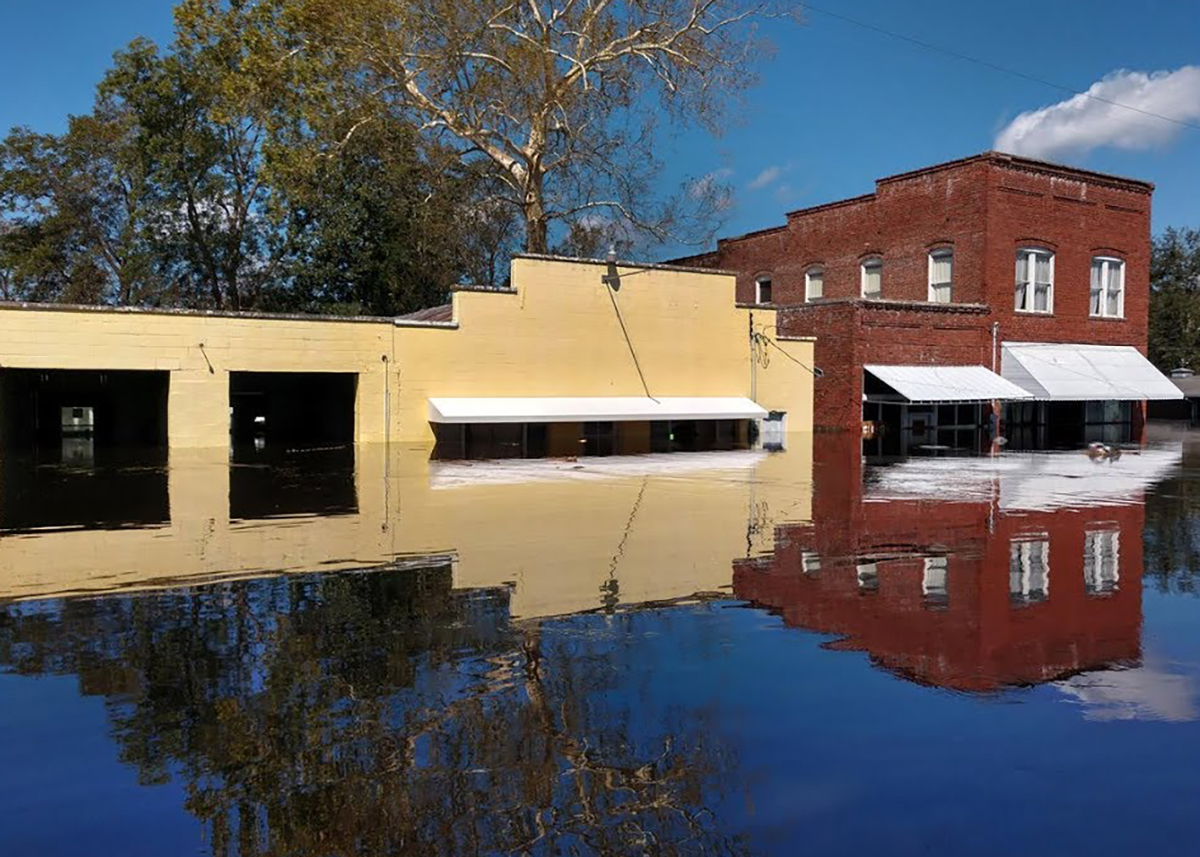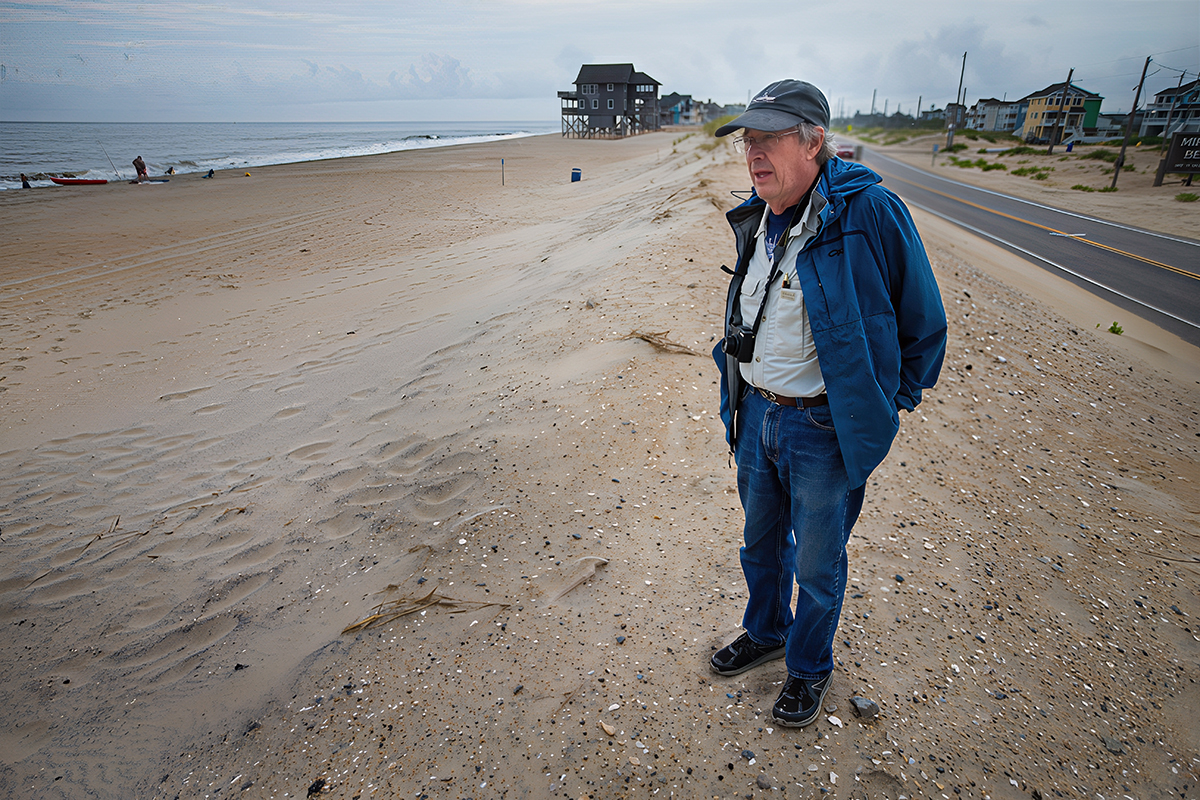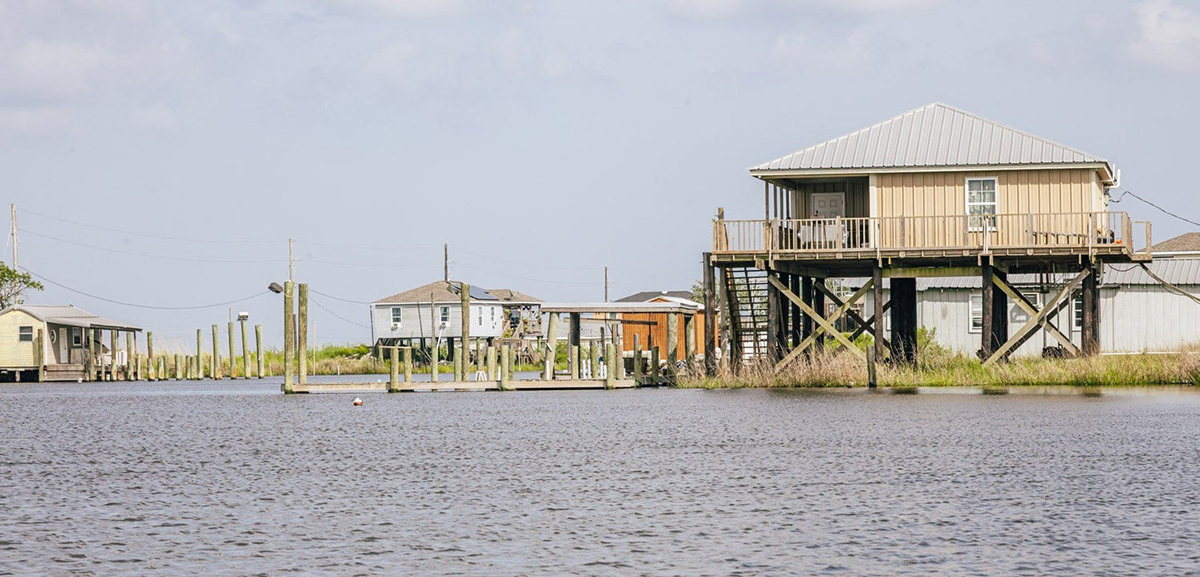BALD HEAD ISLAND — Suzanne Dorsey, the executive director of the Bald Head Island Conservancy, confesses her position on offshore drilling comes from the “narrow perspective” of an environmentalist.
“Everyone goes immediately to the environmentalists,” she says, “because we can clearly articulate the impacts to our species that we’re concerned [about] and the environmental impacts at the physiological and habitat level. What astounds me is that our coastal tourism, coastal real estate industries have not stepped up here because there’s also very clear evidence that the broad economy that supports conservation is at risk.
Supporter Spotlight
“Where is their voice as our governor, I think, rightly so explores opportunities for this state to have more jobs and more diverse economy?” she asks.

To find out what those in the real estate business south of Morehead City had to say on the issue, I first met with Steve Candler, the executive vice president and director of governmental affairs of the Brunswick County Association of Realtors.
The association, based in Supply, represents around 900 Realtors whom have expressed different views on offshore drilling, Candler said. Realtors stand to benefit from any kind of economic development in their area, he said; but at the same time, they’re selling Brunswick County, so if there are any drastic changes that make it hard to sell, that affects Realtors, too.
Supporter Spotlight
Later in Wilmington I spoke with a real-estate salesman who said he “feared” offshore drilling would be a good thing for his business. “I’m for progress,” said Juan Santos, “but it has to be positive.”
“If it creates business and wealth, yeah that’s good for real estate. But, I’m not willing to pay just any price to do business,” Santos said. “Maybe I’m unusual that way.”
The Wilmington Regional Association of Realtors declined to interview.
In the weeks following my interview with Candler, the N.C. Petroleum Council’s executive director, David McGowan, came to speak to the Brunswick realty group about how the oil and gas money might be able to help fund beach re-nourishment projects if offshore royalties are shared with the state.
This possibility at least piqued the interest of Candler. “The municipalities and the counties are looking at different sources of funding even now for beach nourishment—property taxes, parking, all that kind of stuff,” he said. “We think that’s nickel and diming a million-dollar solution. So we need to think of something long term and big — big.”
As recently as May, the Obama administration opposed bills in the U.S. Senate that would allow North Carolina and other states to receive a share of federal revenue from the energy produced off their coasts. Director of the Department of Interior’s Bureau of Ocean Energy Management, Abigail Hopper, said the administration opposes the bills because they would “divert offshore energy development revenue from the Treasury, reducing the net return to taxpayers and adding to the federal deficit.”







